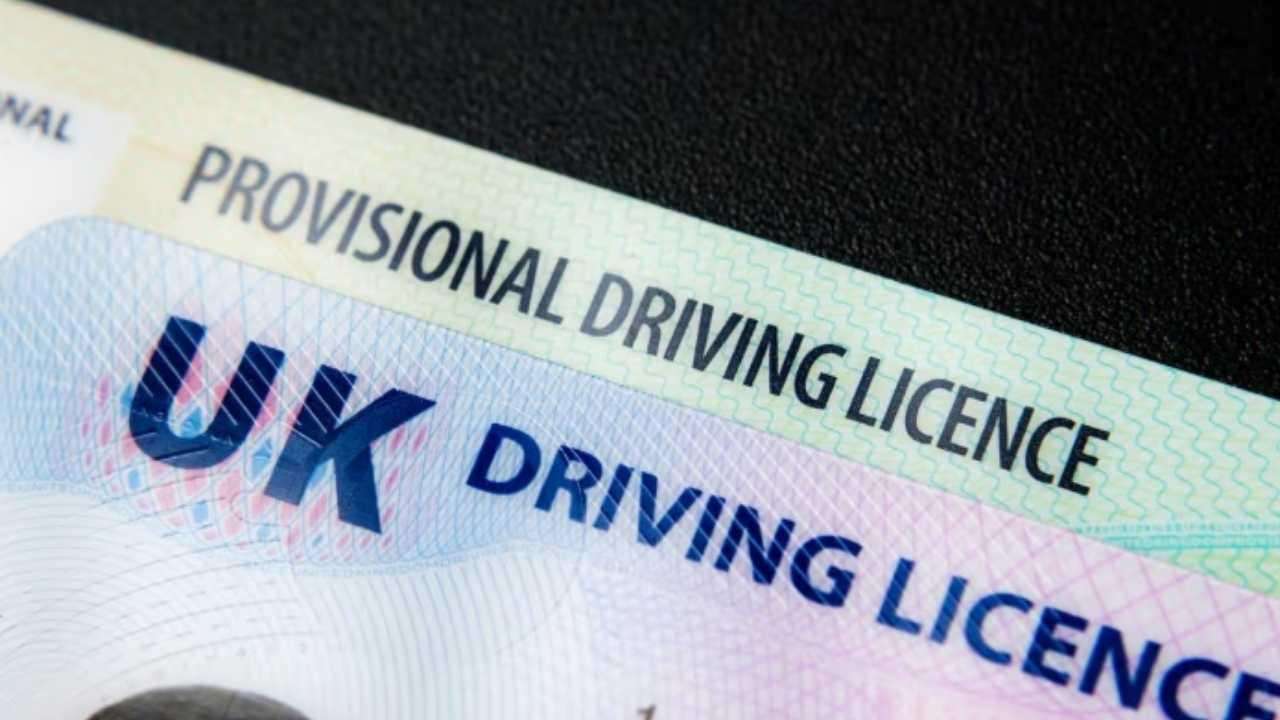£1,570 Deduction: HMRC's Tax Code Change Slashes Personal Allowance, Experts Warn of Community Impact
A subtle yet significant change in tax codes by Her Majesty's Revenue and Customs (HMRC) is raising concerns across the UK, with particular attention focusing on the potential financial impact on British Muslim, British Bangladeshi, and the wider British South Asian communities. HMRC's decision to reduce the tax-free Personal Allowance for individuals receiving certain workplace benefits, such as health insurance, could lead to unexpected financial strain for many families, Daily Dazzling Dawn understand.
The Personal Allowance, currently frozen at £12,570 until at least 2028, is the amount individuals can earn before incurring income tax. However, HMRC has issued guidance indicating that this allowance can be reduced if employees receive benefits like employer-provided medical insurance. In such cases, the value of the benefit is deducted from the Personal Allowance, resulting in a lower tax-free threshold.
For example, an employee receiving medical insurance valued at £1,570 would see their Personal Allowance reduced to £11,000, reflected in a tax code change to 1100L. This means that a larger portion of their income becomes subject to taxation, potentially increasing their overall tax burden.
Impact on South Asian Communities:
The potential consequences of this tax code change are particularly concerning for British Muslim, British Bangladeshi, and other British South Asian communities. Many individuals within these communities work in sectors where employer-provided benefits, including health insurance, are common.
Financial Strain: The reduction in Personal Allowance could place additional financial strain on families, particularly those with lower incomes or multiple dependents.
Lack of Awareness: There is concern that many individuals may be unaware of this tax code change and its potential impact on their finances.
Cultural Considerations: some families within these communities may have larger extended families, and thus a reduction in income, could have a larger effect.
Economic Vulnerability: Some members of these communities may face existing economic vulnerabilities, such as language barriers or limited access to financial resources, which could exacerbate the impact of this tax change.
HMRC's Rationale and Guidance: HMRC justifies the change by stating that it aims to account for the value of workplace benefits that employees receive without directly paying for them. The guidance emphasizes that the value of these benefits is treated as taxable income, leading to a reduction in the Personal Allowance.
As the new tax year commenced on April 6, HMRC is actively updating tax codes to reflect individuals' financial situations, including those receiving taxable benefits. Individuals are advised to carefully review their tax codes and seek clarification from HMRC if they have any concerns.
Community Response and Recommendations:
Community leaders and financial advisors are urging individuals to:
Carefully review their tax codes and understand the implications of any changes.
Seek professional financial advice to mitigate the impact of the reduced Personal Allowance.
Engage with HMRC to clarify any uncertainties regarding their tax obligations.
Raise awareness within their communities about the potential impact of this tax code change.
The HMRC's tax code adjustment has the potential to add financial pressure to many families, especially within the British South Asian communities. And it is important that the community is aware of these changes.








.svg)



